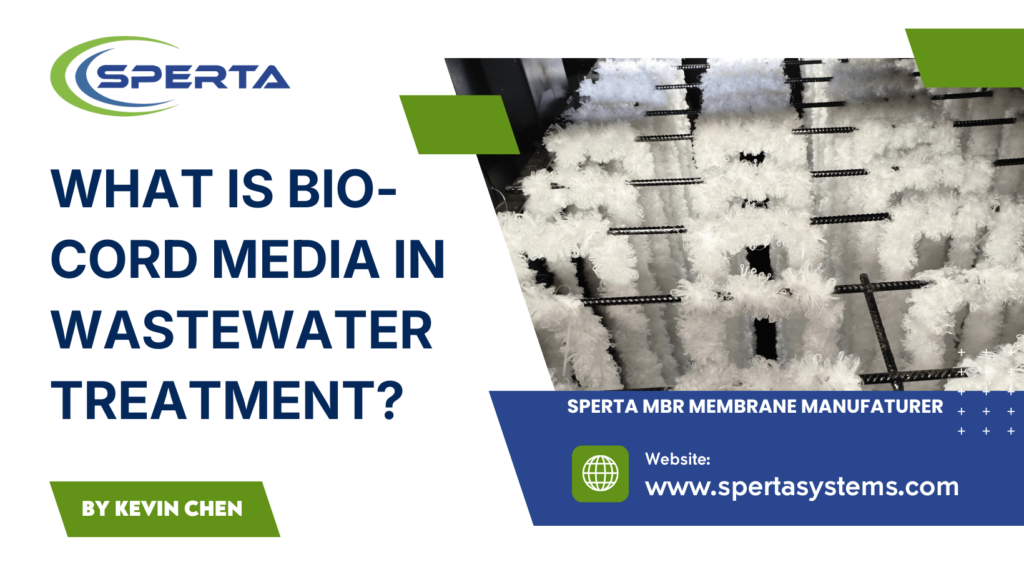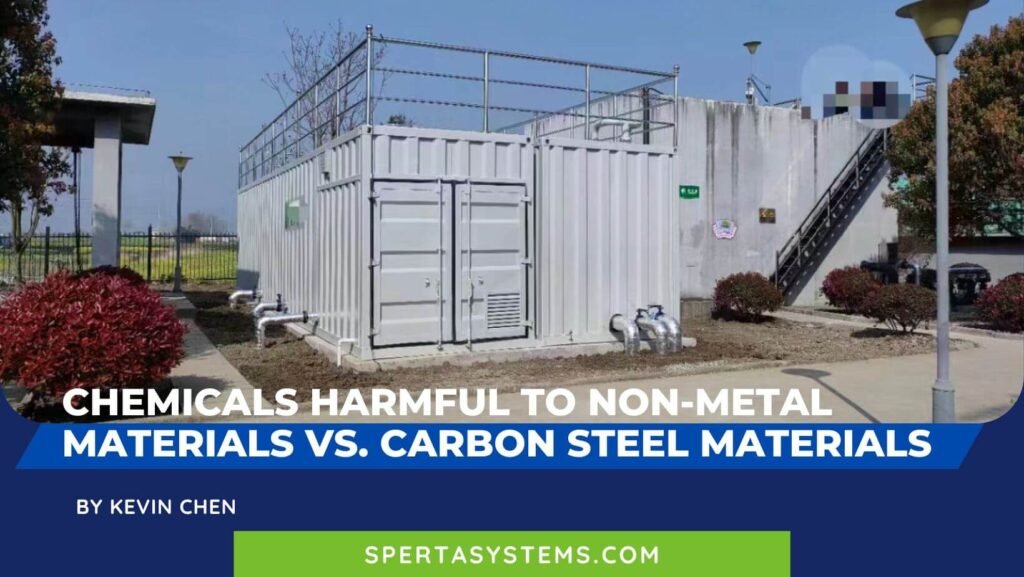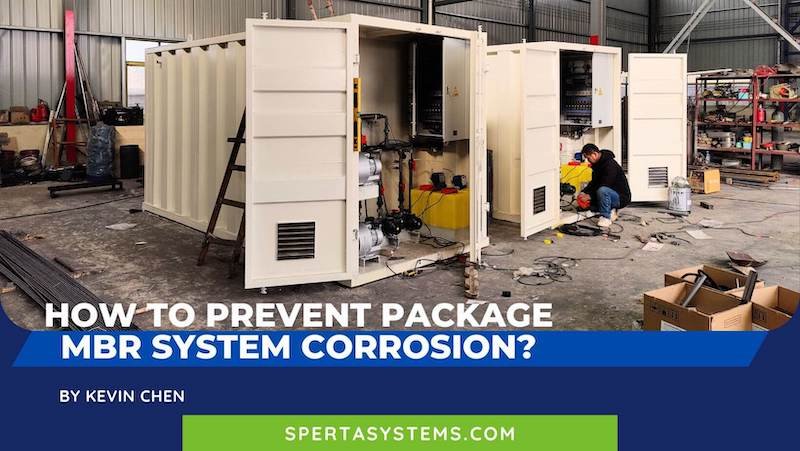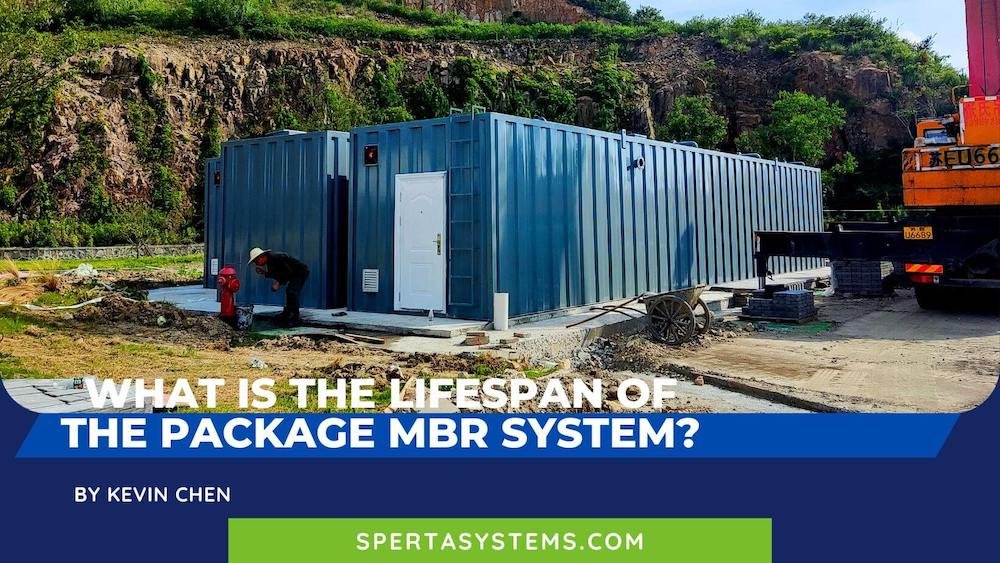What Is Bio-Cord Media in Wastewater Treatment?

Bio-Cord media is a rope-type biological media that increases attached biomass and improves treatment stability without expanding tank volume. Bio-Cord media uses polymer fibers woven into multi-strand ropes. We install it by either hanging it or mounting it inside biological reactors. Water flow and aeration cause slight movement, which helps microorganisms attach quickly and form […]
Causes & Effects of High Temperatures on Plastic Materials in WWTPs?

In a wastewater treatment plant (WWTP), high temperatures can arise in certain processes or conditions, which could pose a risk to non-metal materials like UPVC (Unplasticized Polyvinyl Chloride) or other polymer/plastic materials. It’s important to understand the scenarios where high temperatures might occur and their potential impact on non-metal components:
Comparing Corrosion Resistance: Chemicals Harmful to Non-Metal Materials vs. Carbon Steel Materials

Corrosion is a complex phenomenon influenced by multiple factors, including the specific chemical environment, temperature, concentration, presence of impurities, and the material’s composition. While carbon steel is generally susceptible to corrosion in many aggressive chemical environments, it’s important to note that there are scenarios where it may offer better resistance than certain non-metal materials.
How to Prevent Package MBR System Corrosion?

Packaged MBR (Membrane Bioreactor) systems are integral to modern wastewater treatment processes, providing an efficient and compact solution for wastewater treatment. However, like all equipment that comes into contact with water and various chemicals, they are susceptible to corrosion.
What is the Service Life of the Package MBR System?

A package MBR system consists of several components, such as biological treatment, solid-liquid separation, disinfection, etc., and each component’s service life may differ. Under normal operation conditions, its service life is usually around 15 to 20 years.
